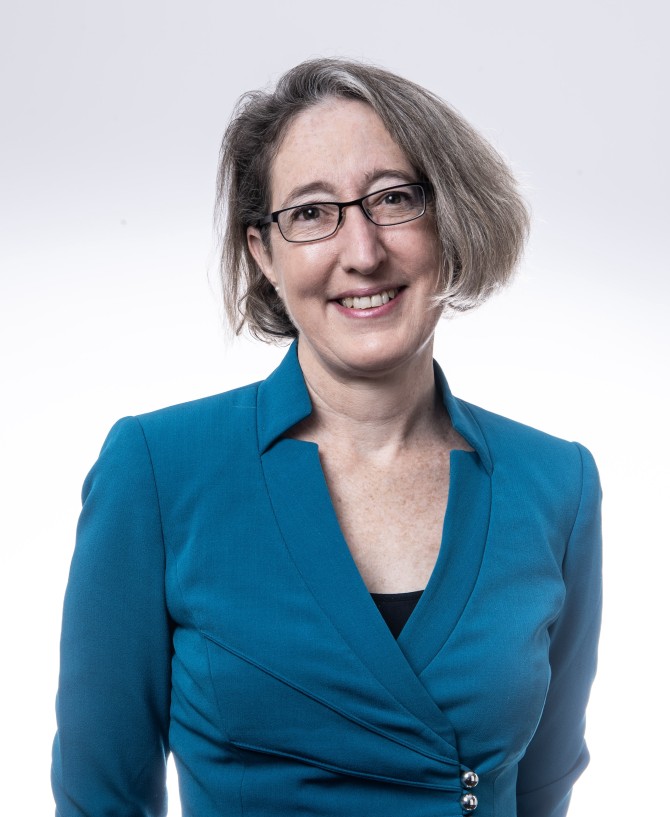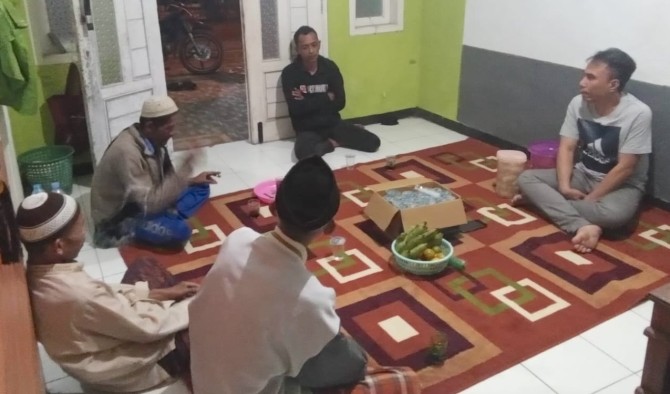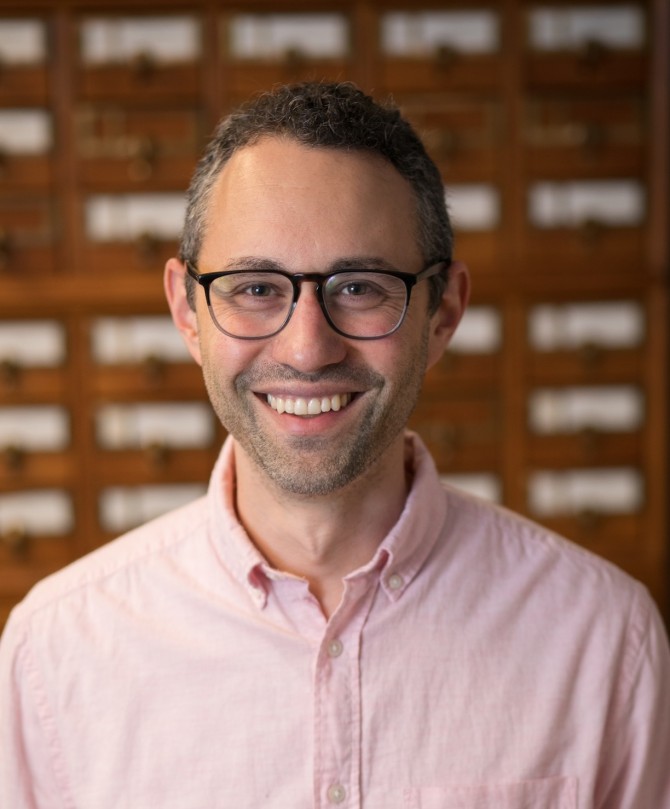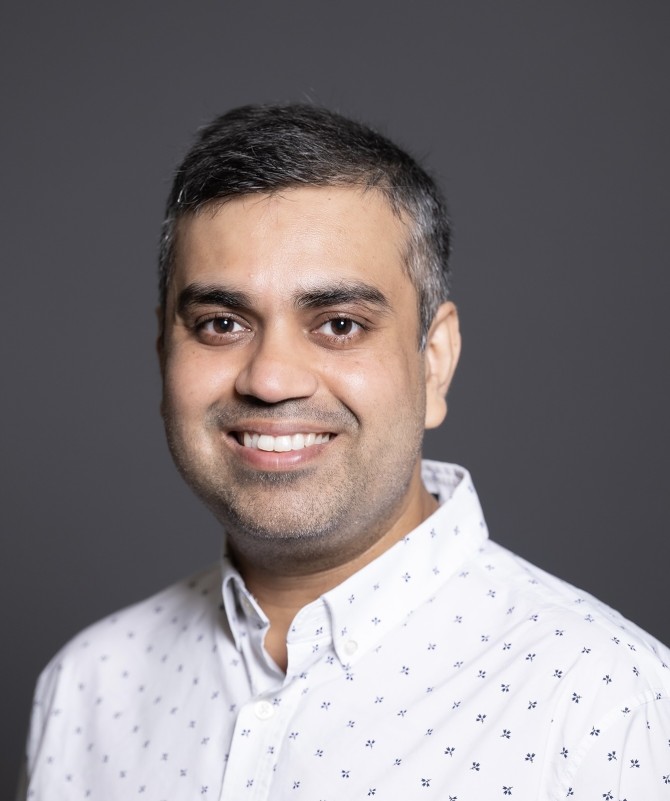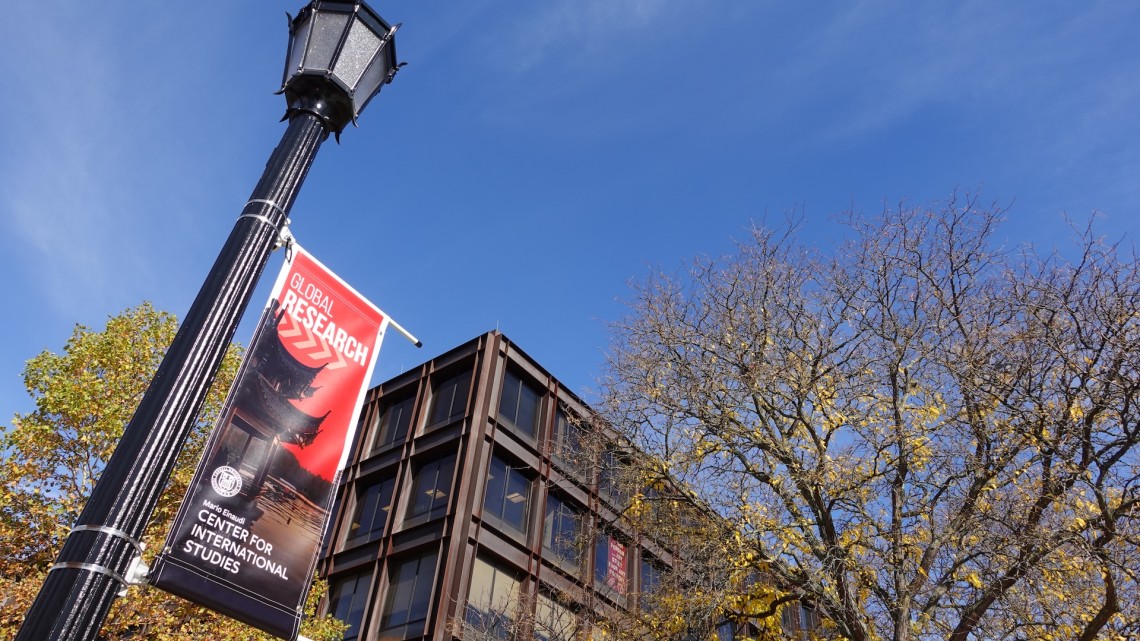
News directly from Cornell's colleges and centers
Einaudi seed grants grow international collaborations
By Jonathan Miller
A new round of seed grants from the Mario Einaudi Center for International Studies will help internationally engaged faculty from six Cornell colleges and schools jump-start projects on topics ranging from drone-assisted healthcare delivery for migrants to sustainable infrastructure design for Ukraine.
Einaudi seed grants catalyze interdisciplinary research and teaching initiatives and support international studies conferences and other events organized by faculty. The awards – typically capped at $10,000 – often lead directly or indirectly to ambitious collaborations, Einaudi Center director and John S. Knight Professor of International Studies Rachel Beatty Riedl said in announcing this year’s awards.
Beth Lyon, clinical professor and associate dean for experiential education at Cornell Law School, received a seed grant last year to test a theory on why farmworkers may be reluctant to file formal complaints about hazardous conditions or unfair labor practices.
Lyon, who directs Cornell’s Farmworker Legal Assistance Clinic, said legal protections for farmworkers typically assume workers will report problems like wage theft, child labor or unsafe working conditions if there are official reporting mechanisms in place.
But she said an experience in Indonesia challenged that assumption. During the COVID-19 pandemic when international travel was limited, she hired Indonesian researchers with support from a Migrations initiative grant to conduct a pilot survey of workers on rice farms and tea and rubber plantations in the highlands of West Java. They were puzzled by the results.
“People said the work was good and they were well-paid, but the team could see with their own eyes that this wasn’t true,” Lyon recalled.
She and research colleague Pranoto Iskandar, LLM ’18 – now a McGill University doctoral student – had a hunch that the farmworkers’ hesitancy had to do with psychosocial factors that scholars and policymakers often fail to take into account.
Their hypothesis was that the workers, like members of many traditional Asian cultural groups, saw themselves more as part of tight-knit familial and religious communities than as individuals with rights and interests. For them, Lyon said, law is all but irrelevant.
“Farmworkers are wary about taking formal legal action,” she observed. “How is government supposed to manage that? How is civil society supposed to manage that?”
Lyon wrote an Einaudi seed grant proposal to allow Iskandar to spend extended time in the community. He met repeatedly with workers, religious leaders and other community members and came away with a much fuller understanding of life on the plantations – which was not happy or safe.
His observations about cultural perspectives that make workers reluctant to complain to outsiders have practical implications. In an article that is currently under peer review, Lyon and Iskandar argue for worker protections based on the idea of “legal pluralism,” which recognizes state law as “just one among many laws that are competing to operate.” They plan to develop their arguments further in future collaborations.
“We wouldn’t have been able to do this work without the seed grant,” Lyon said. “We were very fortunate to have it and the timing was perfect.”
Sociologist Eli Friedman, associate professor of global labor and work in the Cornell University School of Industrial and Labor Relations (ILR), also used his 2023 Einaudi seed grant to travel to Asia for deep conversations designed to test a hypothesis. His question was how employers, workers, unions, social movements and political parties in Hong Kong, Taiwan and Singapore have responded to economic changes in the wake of China’s rise.
He assumed deindustrialization in the three regional economic powers was the structural backdrop to growing anti-China sentiment in society – as was the case in the United States. What he took from archival research and in-depth interviews with key informants was a more nuanced view of differences in policies and attitudes in the three places. Friedman presented his preliminary findings at the University of California Santa Barbara in February and the Association of Asian Studies annual conference in March.
Aditya Vashistha, assistant professor of information science in the Cornell Ann S. Bowers College of Computing and Information Science (Bowers CIS), used his 2023 seed grant to support fieldwork in India for a project on how misinformation spreads in private online environments such as WhatsApp. On X or Facebook, conversations can be moderated by AI tools or human readers, he explained. On WhatsApp, conversations are encrypted so only community members can flag or respond to problematic content.
A major objective of Vashistha’s research is to develop AI tools to encourage this sort of self-policing. He has received a 2024 award to identify ableist content on social media in India and develop new approaches to fight it.
“Fieldwork is a critical component of the kind of work we do,” Vashistha explained. “As a computer scientist, I could sit in my office and imagine what communities need. But if I can be on the ground, my students and I can really engage with the communities and get their feedback.”
With support from the Einaudi Center’s newest seed awards, Cornell faculty across campus will begin work this summer on a range of internationally minded projects.
Research Awards
- Angela Cornell (Law): International Collaboration on Strikes and Democracy
- Richard Geddes (Cornell Brooks School of Public Policy): Future-Proofing the Ukraine Economy: Pathways to Sustainable, Resilient and Secure Infrastructure
- Aleksandr Michuda (Bowers CIS/Dyson School of Applied Economics and Management): The Welfare Effects of UAV Healthcare Delivery on the Migration Decision
- Rebecca Slayton (College of Arts and Sciences): Disarmament Education in the Framework of the Treaty on the Prohibition of Nuclear Weapons
- Aditya Vashistha: Examining and Combating Online Ableism in India
Programming Awards
Carolyn Fornoff (A&S) | Desirée LeClercq (ILR) | Mostafa Minawi (A&S)
Jonathan Miller is a freelance writer for Global Cornell.
Media Contact
Get Cornell news delivered right to your inbox.
Subscribe